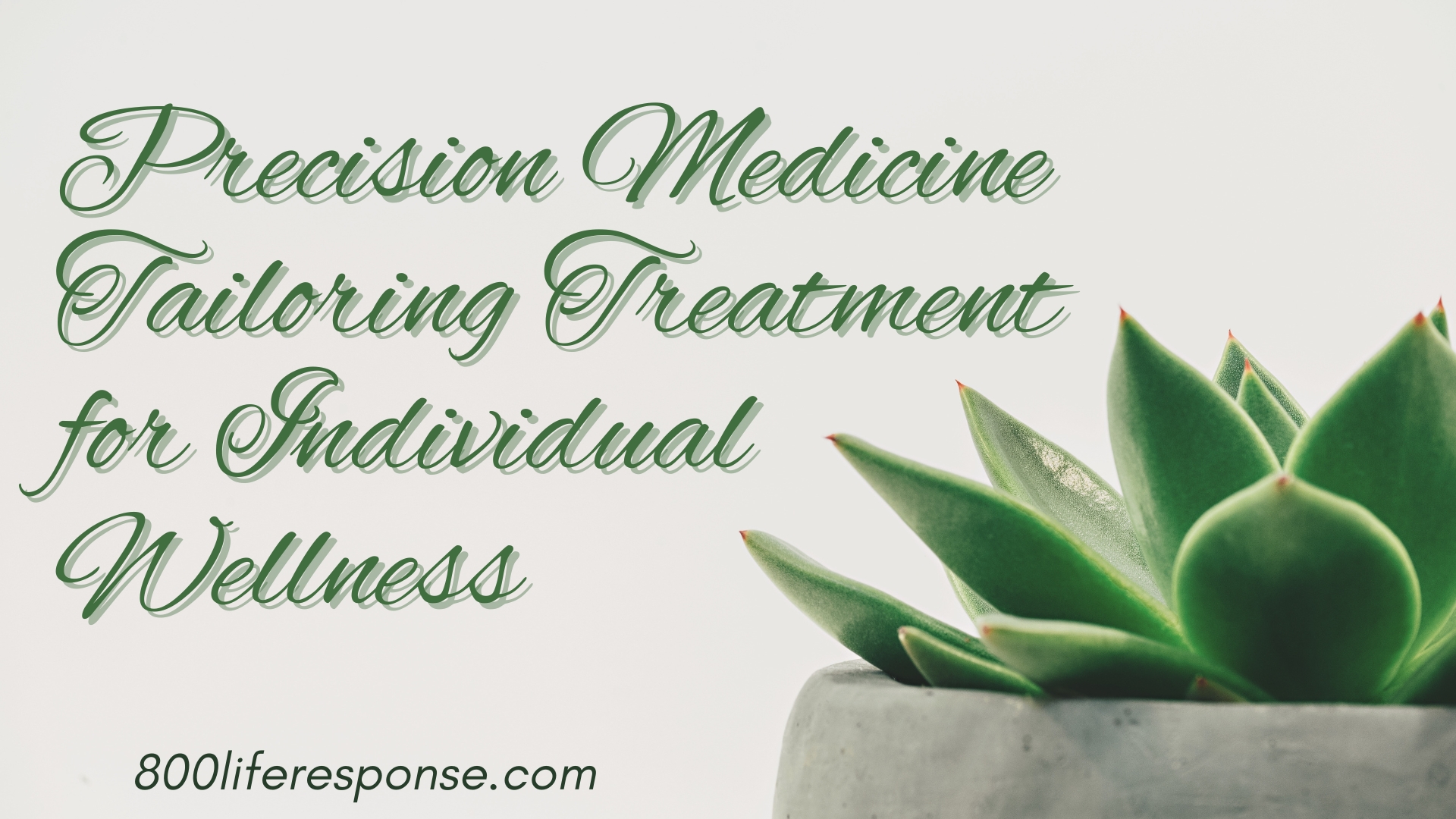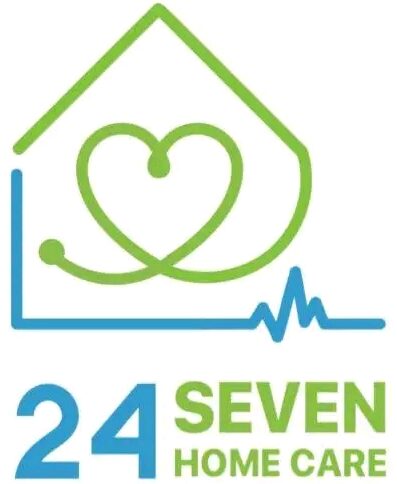Precision Medicine: Tailoring Treatment for Individual Wellness
Introduction
Precision medicine is a new approach to healthcare that takes into account individual genetic, environmental, and lifestyle factors to develop personalized treatment plans. Precision medicine has the potential to improve the effectiveness and safety of treatments for a variety of diseases, including cancer, heart disease, and diabetes.

How Precision Medicine Works
Precision medicine is based on the understanding that each person is unique, and that diseases can manifest differently in different people. By analyzing a person’s genetic makeup, environmental exposures, and lifestyle choices, doctors can develop a more targeted and personalized treatment plan.
For example, two people with the same diagnosis of cancer may have different genetic mutations that are driving the growth of their tumors. Precision medicine can be used to identify the specific genetic mutations in each person’s tumor, and to select targeted therapy drugs that are specifically designed to target those mutations.
Benefits of Precision Medicine
Precision medicine offers a number of potential benefits over traditional “one-size-fits-all” approaches to healthcare. Some of these benefits include:
- Improved effectiveness: Precision medicine can lead to more effective treatments for a variety of diseases. For example, targeted therapy drugs have been shown to be more effective than traditional chemotherapy drugs in treating certain types of cancer.
- Reduced side effects: Precision medicine can lead to reduced side effects from treatments. For example, targeted therapy drugs are often less toxic than traditional chemotherapy drugs.
- Increased patient engagement: Precision medicine can help patients feel more engaged in their own healthcare. When patients understand the genetic and environmental factors that are contributing to their disease, they can make more informed decisions about their treatment options.
Challenges of Precision Medicine
Despite its potential benefits, precision medicine also faces a number of challenges. Some of these challenges include:
- Cost: Precision medicine can be expensive. Genetic testing and targeted therapy drugs can be costly, and many health insurance plans do not cover them.
- Access: Precision medicine is not yet widely available. Only a limited number of hospitals and clinics offer precision medicine services.
- Data privacy: Precision medicine requires the collection and analysis of a large amount of personal data, such as genetic data and medical records. This raises concerns about data privacy and security.
Future of Precision Medicine
Despite the challenges, the future of precision medicine is bright. As the cost of genetic testing and targeted therapy drugs comes down and as more hospitals and clinics begin to offer precision medicine services, precision medicine is poised to become the standard of care for a variety of diseases.
Examples of Precision Medicine in Practice
Here are a few examples of how precision medicine is being used in practice today:
- Cancer treatment: Precision medicine is being used to develop targeted therapy drugs for a variety of cancers, including breast cancer, lung cancer, and colon cancer. Targeted therapy drugs are designed to attack specific molecules or pathways that are essential for cancer cell growth and survival.
- Heart disease treatment: Precision medicine is being used to identify genetic mutations that increase a person’s risk of developing heart disease. This information can be used to develop personalized treatment plans to prevent heart attacks and strokes.
- Diabetes treatment: Precision medicine is being used to identify different subtypes of diabetes. This information can be used to develop personalized treatment plans that are more effective for each subtype of diabetes.
Conclusion
Precision medicine is a new and exciting approach to healthcare that has the potential to improve the effectiveness and safety of treatments for a variety of diseases. While precision medicine still faces some challenges, such as cost and access, the future of precision medicine is bright. As precision medicine becomes more widely available, it is poised to revolutionize the way we treat diseases and improve human health.
Here are some additional thoughts on the future of precision medicine:
- Precision medicine is likely to become more integrated with other healthcare technologies, such as artificial intelligence and wearable devices. This will allow doctors to collect and analyze more data about each patient and to develop even more personalized treatment plans.
- Precision medicine is likely to lead to the development of new and innovative treatments, such as gene therapy and personalized vaccines. These treatments could potentially cure diseases that are currently incurable.
- Precision medicine is likely to make healthcare more equitable and accessible. Everyone, regardless of their income or location, should have access to the latest and most effective treatments for their diseases.
Overall, precision medicine is a promising new approach to healthcare that has the potential to improve the lives of millions of people.


